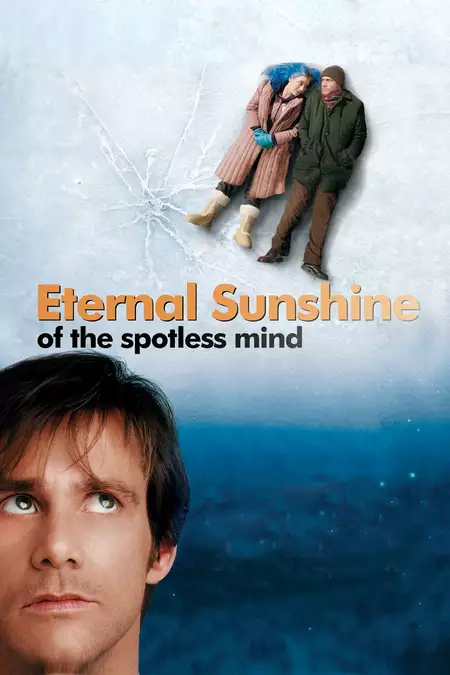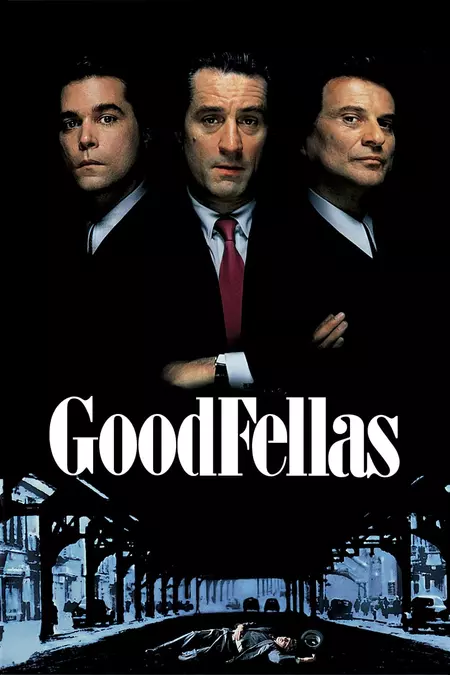Maafa 21: Black Genocide in the 21st Century (2009)
June 15, 2009Release Date
Maafa 21: Black Genocide in the 21st Century (2009)
June 15, 2009Release Date
Plot.
Where to Watch.
Cast & Crew.
Details.
Release DateJune 15, 2009
StatusReleased
Content RatingPG-13
Last updated:
This Movie Is About.
Wiki.
Maafa 21: Black Genocide in 21st Century America is an anti-abortion documentary film produced by anti-abortion activist Mark Crutcher in 2009. The film, which has been enthusiastically received by anti-abortion activists, argues that the modern-day prevalence of abortion among African Americans is rooted in an attempted genocide or the maafa of black people. The film is part of an anti-abortion, anti-birth control campaign aimed at African Americans.
The film repeats elements of an American conspiracy theory called black genocide, using many of the same arguments previously used by the Black Panther Party and the Nation of Islam in the early 1970s. It uses questionable statistics and facts to induce in the viewer a fear of birth control and abortion. The film alleges that the eugenics movement targeted African Americans in the 19th and 20th centuries, that this was the basis for the creation of the American Birth Control League (now Planned Parenthood) by Margaret Sanger, and that this kind of race genocide continued in the form of the abortion-rights movement of the 20th and 21st centuries. The film puts forward the idea that Sanger was a racist who worked to reduce the population of blacks, and that Planned Parenthood is continuing this program. Sanger is accused of being an ally of Nazism and Adolf Hitler.
Critics have countered many of the film's points, arguing that Sanger was not a racist, that the eugenics movement was not especially focused on African Americans, that black women were largely in favor of birth control and were having abortions long before it became legal, and that instead of being a plot by Planned Parenthood, the high rate of abortion among African Americans comes from a correspondingly high rate of unplanned pregnancies. Esther Katz, director of NYU's Margaret Sanger Papers Project, has stated that the film presents a false depiction of Sanger's views and works.
You May Also Like.

Gladiator II (2024)

The Shawshank Redemption (1994)

The Dark Knight (2008)

The Super Mario Bros. Movie (2023)

Oppenheimer (2023)

Civil War (2024)

Fight Club (1999)

The Beekeeper (2024)

Joker (2019)

Split (2017)

Eternal Sunshine of the Spotless Mind (2004)

A Quiet Place (2018)

GoodFellas (1990)

Call Me by Your Name (2017)

Cruella (2021)

Baby Driver (2017)

Green Book (2018)

One Flew Over the Cuckoo's Nest (1975)

The Gentlemen (2020)





